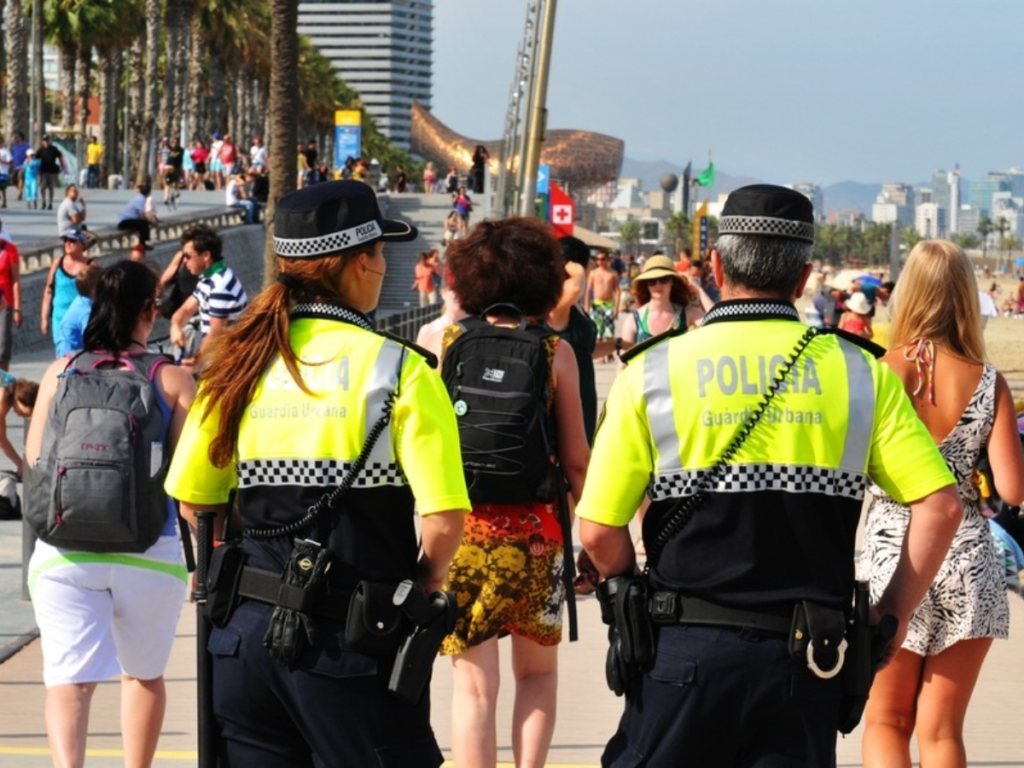Tourism is a critical revenue source for many countries. As of 2019, tourism was recorded to contribute 10.3 per cent to the global GDP (US$9.6 trillion). Although that figure has reduced marginally since then, it is clear that tourism continues to be one of the world’s largest sectors.
The safety and security of tourists should be a matter of concern because any real or perceived insecurity can destroy a tourism destination’s reputation. For the purpose of providing safety and security to tourists, it is important for countries in Africa to consider setting up tourist police units.
Specialist tourist police services are currently operating in Australia, Thailand, Malaysia, Greece, Jordan, Brazil, The Philippines, London, USA, Greece, South Korea, Russia, Libya, Nepal, Sri Lanka, Argentina, Dominican Republic, Costa Rica, Peru, Vietnam and several other countries across the globe.
In Africa, Egypt, Kenya and Uganda are some of the countries that have a dedicated police unit for tourism safety and security. How have these countries found this helpful so far?
Advantages of a Police Tourism Safety Unit
1. It helps to prevent crime:
A Police Tourism Safety Unit can help prevent crime by patrolling tourist areas and deterring criminal activity. This can help reduce the incidence of crime in tourist destinations and make them more attractive to tourists. Let’s talk about the story of Waza National Park in Cameroon.
In 2013, the park had about 4,000 visitors. As of 2022, the number of visitors was less than 300. What caused this drastic decrease, you may wonder? The region shares a border with Chad and Northern Nigeria, and has faced terrorist threats. No doubt, effective policing is of paramount importance for tourism destinations.
2. It ensures the safety of tourists:
One of the primary responsibilities of a Police Tourism Safety Unit is to ensure the safety and security of tourists. They also respond to emergencies and provide support to tourists who require it.
In countries such as Egypt, tourist police officers are trained to interact with tourists, assist with directions and also provide insights about the country’s tourism products. These officers also educate foreign tourists on the laws they are expected to abide by.
This is one of the reasons why the South African Department of Tourism has set plans in motion to establish a dedicated police tourism unit. On a smaller scale, they have engaged the local youths and stationed them at different tourist attractions as safety observers. With a dedicated police safety unit, that arrangement will look a lot more professional and assuring.
3. It enhances the reputation of a tourist destination:
Tourists are more likely to visit a destination that is known to be safe and secure. A Police Tourism Safety Unit can help enhance the reputation of a tourist destination by ensuring that tourists feel safe and comfortable while visiting.
In 2022, Egypt had 11.7 million tourists. If tourist security is effective, it can be a powerful marketing tool to attract people to your hotels, destinations, or communities.
Is it possible to implement this locally (in Nigeria)?
Law enforcement has been an issue in Nigeria recently, so a dedicated Police Tourism Safety Unit can help build trust and positive relationships between law enforcement and tourists. They know who to trust and who is on their side.
With that in mind, it is natural to admit that such jobs may not be appropriate for everyone. These officers need to be people with high degrees of tolerance and civility. On the other hand, these officers should be paid the same wages as their counterparts.
There should be no internal discrimination and officers should be allowed a chance at career progression.
Granted, like almost every public sector, resources in the Police Civil Service are stretched thin. However, if we want to develop tourism policies for sustainable and inclusive growth, a dedicated police tourism safety unit should be given more consideration.
Further Reading: Tourism-Oriented Policing and Protection Services

